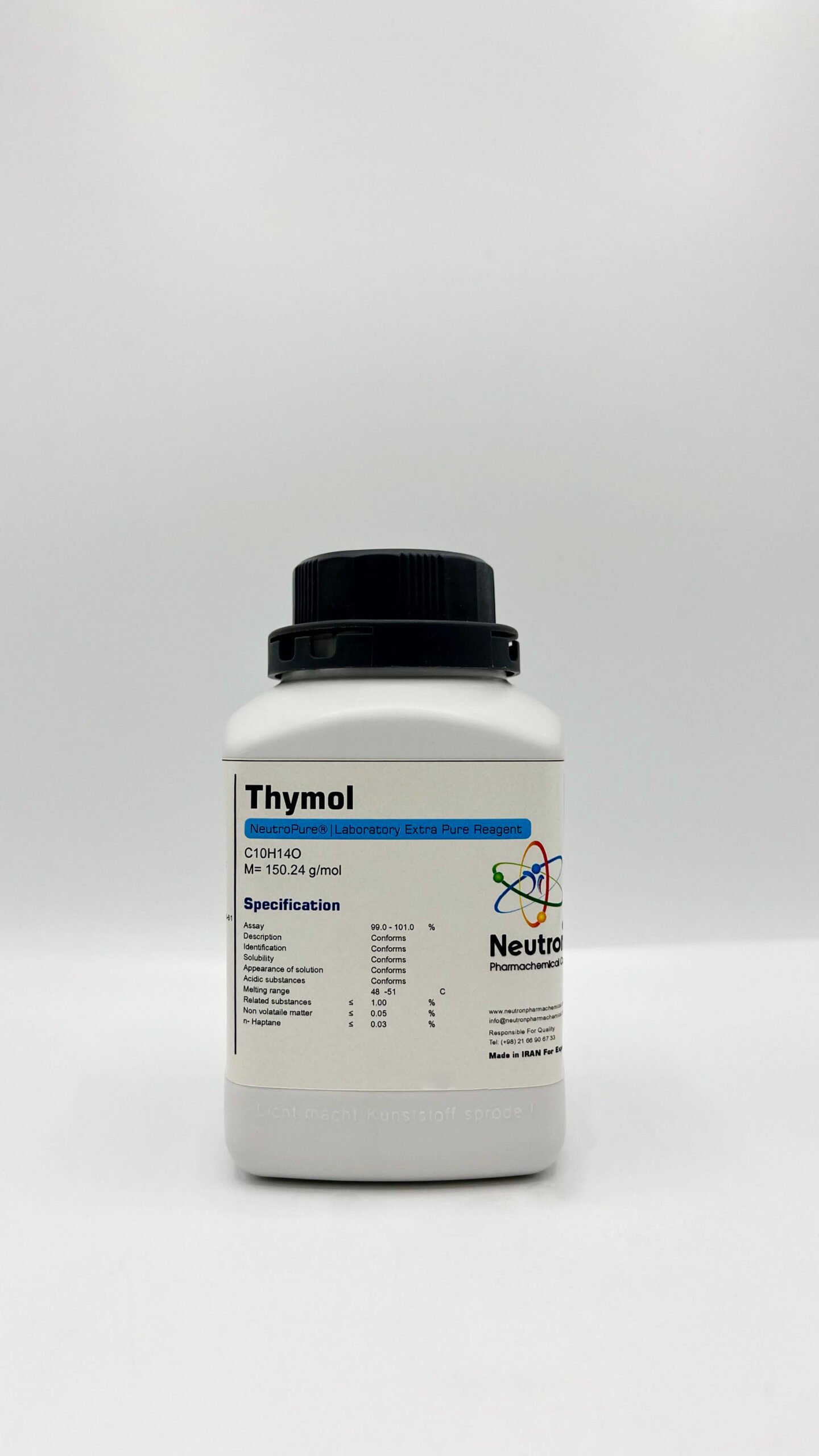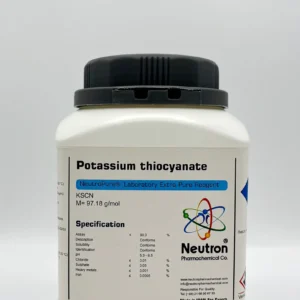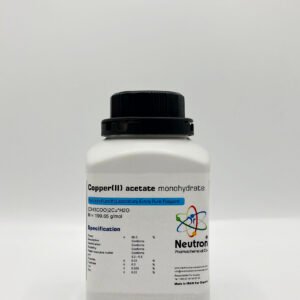Thymol
| Chemical formula | C10H14O |
| Density | 0.97 g/cm3 |
| Molar mass | 150.24 g/mol |
| HS Code | 29071900 |
| CAS number | 89-83-8 |
| Storage | Store at +15 to +25 °C |
| EC number | 201-944-8 |
| SDS | available |
| RTECS | XP2275000 |
| R phrase | R 22-34-51/53 |
| S phrase | S 26-28.1-36/37/39 |
| Odour | characteristic |
| Form | crystals |
| Color | colourless |
| Ignition temperature | 285 °C |
| p H value | 5 – 7 (100 g/l 20°C) |
| Solubility in water | 0.98 g/l (20°C) |
| Solubility in ethanol | 1000 g/l (20°C) |
| Assay | 99.0 – 101.0 | % | |
| Description | Conforms | ||
| Identification | Conforms | ||
| Solubility | Conforms | ||
| Appearance of solution | Conforms | ||
| Acidic substances | Conforms | ||
| Melting range | 48 -51 | °C | |
| Related substances | ≤ | 1 | % |
| Non volataile matter | ≤ | 0.05 | % |
Thymol is a natural monoterpenoid phenol that appears as a white crystalline substance with a distinct aromatic odor, commonly associated with thyme. It is widely used for its antiseptic, antifungal, and preservative properties in pharmaceutical, cosmetic, and food industries.
🏭⚗️ Production
Thymol is primarily obtained from the essential oil of thyme (Thymus vulgaris) through distillation, followed by purification. It can also be synthesized chemically by alkylation of m-cresol with propene under acidic conditions, although natural extraction remains the preferred method in many applications.
🔬 Properties
Thymol is a white, crystalline solid with a strong, pleasant aromatic odor similar to thyme. Its chemical formula is C₁₀H₁₄O, and its molar mass is approximately 150.22 g/mol. It is slightly soluble in water but highly soluble in alcohol and organic solvents. Thymol has antimicrobial and antioxidant activity and melts at around 49–51°C.
🧪 Applications
Thymol is widely used as an antiseptic in mouthwashes, toothpaste, and topical medications. In agriculture, it is used as a natural pesticide and antifungal agent. It also serves as a preservative in food and cosmetics, and in laboratories, it is used for its disinfectant properties and as a standard compound in phytochemical studies.
⚠️ Safety
Thymol is generally considered safe at low concentrations but can be irritating to the skin, eyes, and respiratory system at higher exposures. Ingestion of large amounts may cause nausea, dizziness, or central nervous system depression. It should be handled in well-ventilated areas and stored in tightly sealed containers away from heat and direct sunlight.





